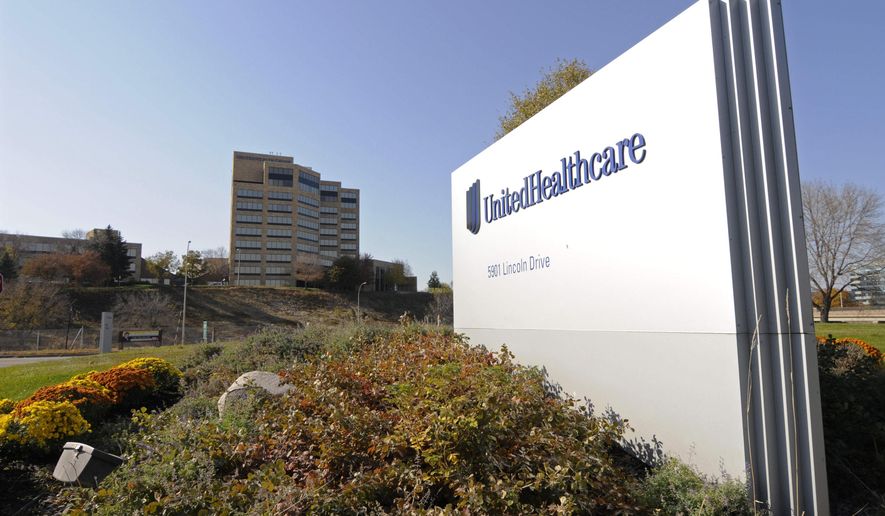OPINION:
The American health insurance industry — which rakes in over $1 trillion a year — wants to rebrand for the first time in 20 years. This, according to its lobbying group’s CEO, comes “after a year filled with unprecedented challenges.”
Unprecedented challenges for who? Certainly not them. After all, health insurance companies’ profits actually surged during COVID-19! So, while this last year was certainly filled with unprecedented challenges for the American people and small businesses, health insurance companies experienced nothing of the sort.
UnitedHealth Group, the largest health insurer in America, increased its profits by 44% between FY20 and FY21. Anthem, Aetna, Cigna, and Humana saw similarly large gains. How’d they pull it off?
The short answer is that their lobbyists, through Obamacare, created a business model that virtually guarantees their success.
The health insurance companies that profited the most during the downturn are the ones that grew the biggest under Obamacare. A recent analysis in Barron’s observed that “[u]nemployment could hurt UnitedHealth’s commercial business, but it could also boost enrollment in its government-backed plans, like those available under…Obamacare.” But “[f]or smaller, less diversified insurers, the calculus could be different.”
Obamacare architects once boasted that the heavy hand of government would “unleash forces that favor integration across the continuum of care.” That’s exactly what happened. By leveraging government-distorted markets in Medicare, Medicaid, and, as of this year, the Obamacare exchanges, United Health Group was able to integrate vertically. UHG is not only a health insurance provider—it is now the largest single employer of physicians in the country, and it’s on track to add another 10,000 more physicians.
Obamacare supporters also believed that these government-created oligopolies would benefit patients. They were dead wrong. UHG and other industry behemoths increase their profits by decreasing patients’ options and quality of care. As one Obamacare architect later admitted: “What I know now, though, is that having every provider in health care ‘owned’ by a single organization is more likely to be a barrier to better care.”
Big Health Insurance now understands that its fortunes are tied to Obamacare’s. Government subsidies and distortions fuel their business model. That’s why the health insurance industry supports President Joe Biden’s plan to shovel taxpayer dollars directly to them in the form of Obamacare subsidies and continues to oppose commonsense policies that give American patients flexibility and options.
Obamacare’s perverse incentives and excessive regulations spurred consolidation among providers and hospitals too. Reduced competition, fewer care options, and powerful interests vested in a dysfunctional system are now characteristic of America’s health care industry. These are the inevitable results of central planners intruding on health care decisions best made at the community, family, and patient level.
Instead of siding with Big Insurance and Big Government, Congress must take bold and innovative action to put the American health care system on the right track. Breaking the crony cabal means increasing health care choices, cutting bureaucratic red-tape, and ensuring patients have access to the care they want, not mandating excessive insurance they don’t need. Instead of shoveling money at insurance companies, we should use existing funds to build out a real safety net for those who slip through the cracks. And instead of buoying the record profits of those corporatist companies, we should empower new models of care that break away from unnecessary middlemen.
That is, of course, if we really want to stand up to those who used the pandemic to line their pockets. Mr. Biden and the Democrats, it seems, prefer the status quo.
• Byron Donalds is an American politician and businessman serving as the U.S. Representative for Florida’s 19th congressional district since 2021.




Please read our comment policy before commenting.